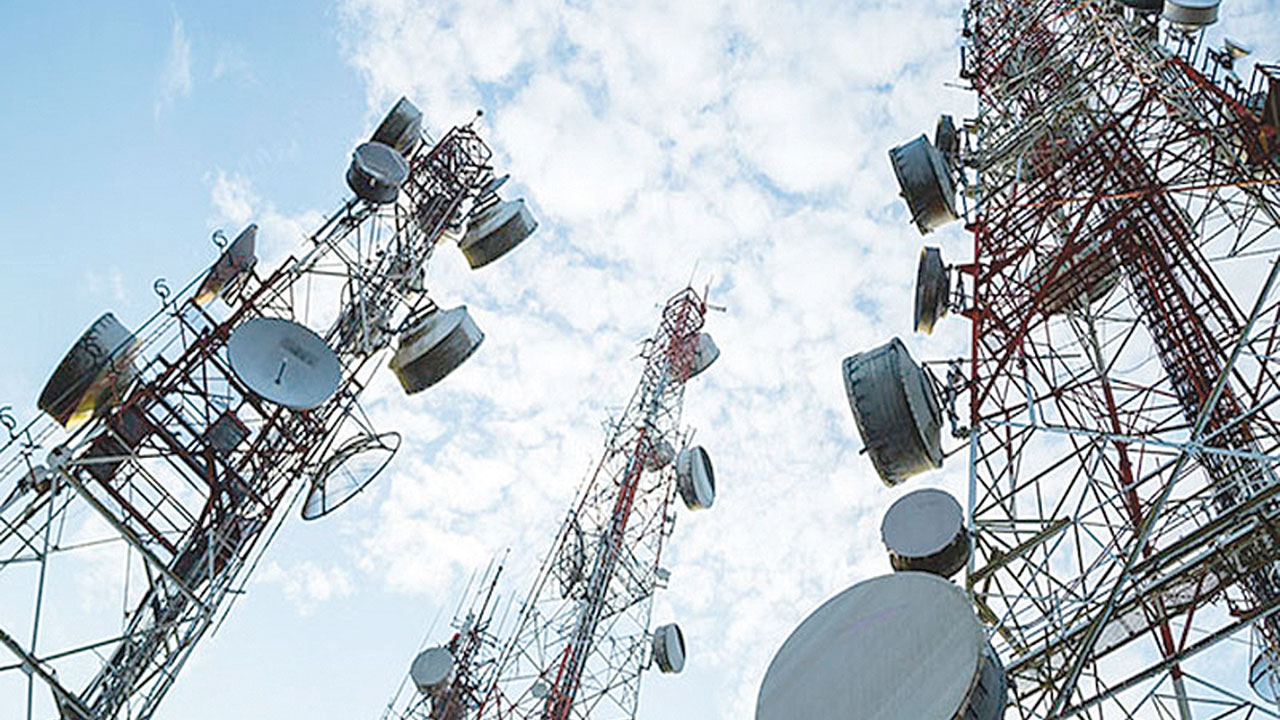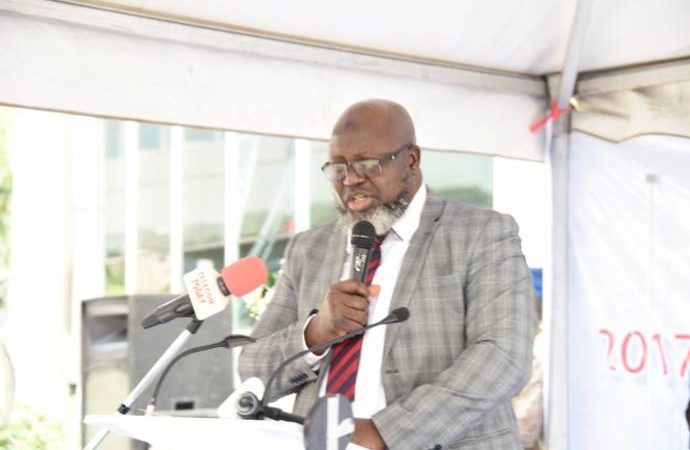Active GSM subscribers in Nigeria have increased from 184 million in December 2019 to 199.3 million in May 2020, the Executive Vice Chairman of the Nigerian Communications Commission (NCC), Prof. Umar Danbatta has said.
Danbatta made the disclosure at the virtual launch/award ceremony of the COVID-19 Research Grant presented to three startups by the NCC on Tuesday Abuja.
He further explained that internet subscription in the same period increased from 126 million to 147.1 million, while broadband subscription also increased from 72 million to 80.2 million, achieving a 42.02 per cent penetration in the country.
Danbatta explained that the startups participated in a 3-month virtual hackathon with the theme Virtual Hackathon: “Adaptable Digital Solutions for Addressing the Present and Future Impact of Pandemic and Epidemic Diseases from Technology Hubs, Startups and Innovation Digital SMEs in Nigeria”.
“These may have given impetus to the possibility of holding virtual meetings and conferences on video technologies that are now providing social distancing solutions.
“So, in whichever way we look at it, telecommunication has much more greater role to play than many other sectors of economy and the society.
“Therefore, the challenge is for us to find a way to accentuate our local content solution, which is a blessing to us. We are pleased with the responses that we received on this initiative,” he said.
Danbatta said that the NCC, has in the past two years managed similar ICT-based innovations and research competitions among tertiary institutions in the country, with potentials of improving local content solutions in the industry.
“We should be bold enough as a country in adopting indigenous solutions. We must adopt and consume them. There should be less attention on imported goods.
“It is evident that the entire globe is challenged about how best to tackle this pandemic. Telecommunications and ICTs have taken the centre stage in the provision or advancement of solutions.
“We will all witness what digital solutions that today’s winners are going to bring to the table. Each of the Startups, or tech-hubs with promising innovative digital solutions against the pandemic will receive a grant of N3 million.
“We have encouraged ICT innovations among the Nigerian youths whom we have regularly sponsored to various competitions organised by the International Telecommunications Union,” Danbatta said.
Dr Isa Pantami, Minister of Communications and Digital Economy, who presented a N9 million COVID-19 research grants to the three promising startups, stressed that there was the need to adopt indigenous solutions to challenges in the country.
Pantami also encouraged individuals to consume what the country produced and pay less attention to imported goods.
“We need to produce what we need and consume what we produce, any country that remains a consumer nation will find it difficult to succeed,” he said.
Dr Henry Nkemadu,NCC Director, Research and Development, said that there was the need to harness the potentials of technologies in order to address societal challenges and meet up to standard.
Nkemadu explained that the Hackathon was designed to engage the startups to compete in a healthy manner to improve innovations.
He noted that 298 submissions were received from startups of, which 56 qualified for the final stage of the evaluation process based on the selection criteria and later came up with three winners.
“It is a national aspiration to spice some of these technologies with local content as a way of improving availability of local manpower and advancing ICT skills.
“Technology has provided solutions to the challenge of weak public systems by providing solutions to the most challenges in education, health, financial and agricultural sectors,” he said.
Each of the Startups, or tech-hubs with promising innovative digital solutions against the pandemic will receive a grant of N3 million
The three winners included-Messers Primed E-Health, Messers Cyberfleet Intergrated Limited and Messers Elizade University.



